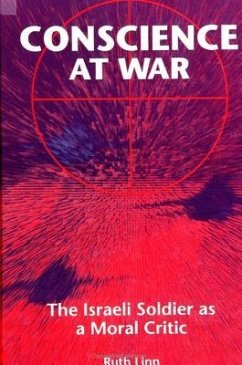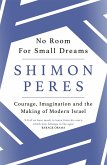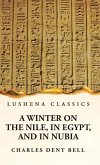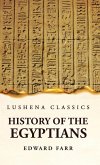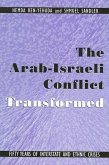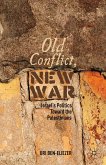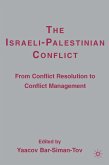An exploration of the moral and intellectual conflict of Israeli citizens who have resisted military service, and of how they justify their choices of action. Israel's security is maintained largely by civilians in uniform. The chronic state of war in Israel requires that every Israeli civilian serve in the Israel Defense Forces as a reservist until the age of 55. The focus of this book is the intellectual and moral challenges selective conscientious objection poses for resisters in Israel. It is the first psychological study of the Intifada refusniks. The 1982-1985 Lebanon War was a dramatic turning point in the intensity, depth, forms, and magnitude of criticism against the army, and this war serves as the starting point for Ruth Linn's inquiry into moral criticism of Israeli soldiers in morally no-win situations during the Intifada. In each of these conflicts, about 170 reserve soldiers became selective conscientious objectors. In each conflict, however, numerous objecting soldiers also "refused to refuse," proclaiming that their right to voice their moral concern springs from their dedication to, and fulfillment of, the hardship of military obligation. Linn uses the theories of Rawls, Walzer, Kohlberg, and Gilligan as a framework for understanding and interpreting interviews with objecting soldiers. By this means, she seeks to answer such questions as: How would various groups of objecting soldiers justify their specific choice of action? What are the psychological, moral, and non-moral characteristics of those individuals who decided to be, or refused to be, patriotic? And how did the Intifada, as a limited yet morally problematic military conflict, affect the moral thinking, emotions, and moral language of long term soldiers?
Hinweis: Dieser Artikel kann nur an eine deutsche Lieferadresse ausgeliefert werden.
Hinweis: Dieser Artikel kann nur an eine deutsche Lieferadresse ausgeliefert werden.

